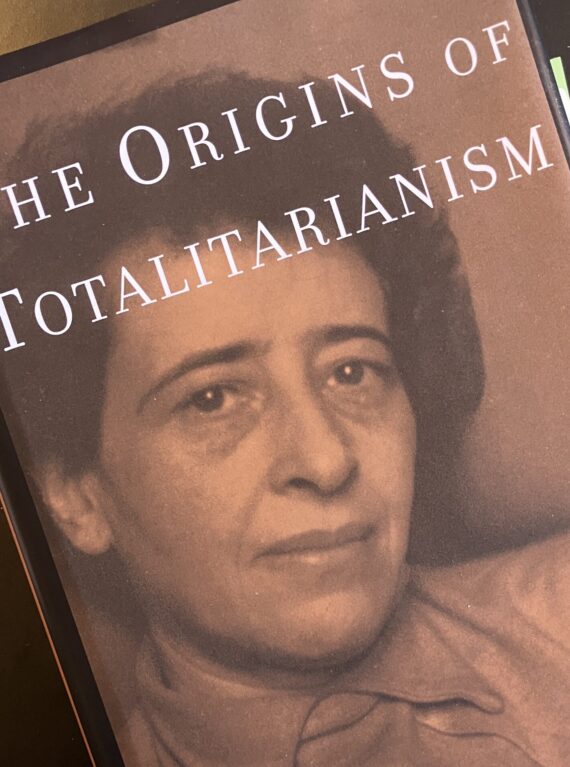What are the stakes today in revisiting the mid-twentieth century debates between Franz Neumann, Friedrich Pollock, Otto Kirchheimer, and Ernst Fraenkel over the concept of “state capitalism” and their analysis of National Socialism as a totalitarian economic regime – other than matters of historical interest? The discussion at Coöperism 8/13 highlighted at least three. [Continue reading here…}
Totalitarianism
Coöperism 8/13 returns to the mid-twentieth century debates over state capitalism, and, more specifically, to the lively debate within a circle of expatriate German thinkers over the rise and establishment of National Socialism under Adolf Hitler. Among these German thinkers were the labor lawyer and political theorist Ernst Fraenkel (1898-1975) and several members of the Institute for Social Research in Frankfurt, including Otto Kirchheimer (1905-1965), Franz Neumann (1900-1954), and Friedrich Pollock (1894-1970), who moved to Columbia University during the war as part of the Frankfurt School in exile. The rise of National Socialism in Germany during the 1920s and 30s presented a puzzling challenge to the conventional opposition between free market capitalism and state-controlled planned economies. [Continue reading here…]
By contrast to Franz Neumann, who characterized the Third Reich as lawless and chaotic, a “non-state” in his words, and to Ernst Fraenkel, who identified both a rule bound and lawless dimension to what he called the “Dual State,” Hannah Arendt argued that totalitarian forms of government (including both Nazi Germany and Stalinist USSR) disregard positive law but aspire to a higher law. For Nazi Germany, Arendt describes that higher law as “the law of nature,” by which she means the white supremacist belief in the superiority of the Aryan race as a matter of genetic science. In the case of the Soviet Union under Stalin, Arendt described the higher law as “the law of history,” understood as a historical materialist theory that inextricably led to the dictatorship of the proletariat, or in her words the superiority of a class. We have seen this played out recently in American politics: political leaders claiming that the enforcement of positive law is purely political and being weaponized, and should give way instead to a popular conception of what is right. [Continue reading here…]



